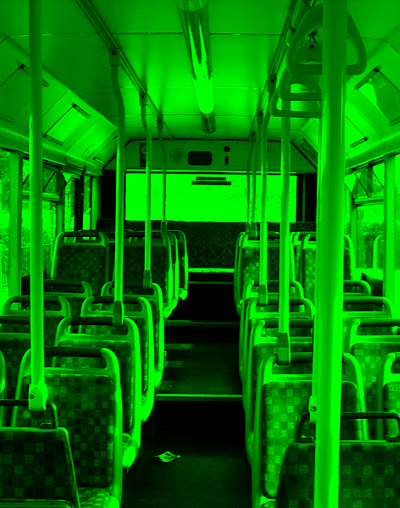Brisbane backs off gas

The Brisbane City Council’s gas-powered bused have been running with half-filled since restrictions were brought in following explosions in 2008 and 2012.
The council is now withdrawing the gas buses entirely, using diesel engines as a stopgap ahead of long-term plans to use a mix of greener technologies, like electricity and hydrogen.
It means about a third of the city’s current bus fleet will be off the roads by 2027.
Brisbane Public and Active Transport chair Councillor Ryan Murphy said that while natural gas should be cleaner than diesel, the Euro 6 standard diesels have benefited from innovations that lower particulate and nitrous oxide emissions.
Cr Murphy says the council ultimately wants electric and hydrogen-powered buses, but acknowledged this goal is several years off.
However, the first electric Brisbane Metro bus will arrive mid next year, with the capacity to carry 150 passengers, reach 90 kilometres per hour, and fully charge in 4–6 minutes.
“By 2023 we want to have a procurement strategy in place that uses all those new technologies that we've been speaking about — hydrogen, electric — it's going to be a mix of different technologies, but it's got to work in Brisbane conditions,” he said.
“Diesel is going to need to be in the mix in our public transport fleet for the foreseeable future.”







 Print
Print